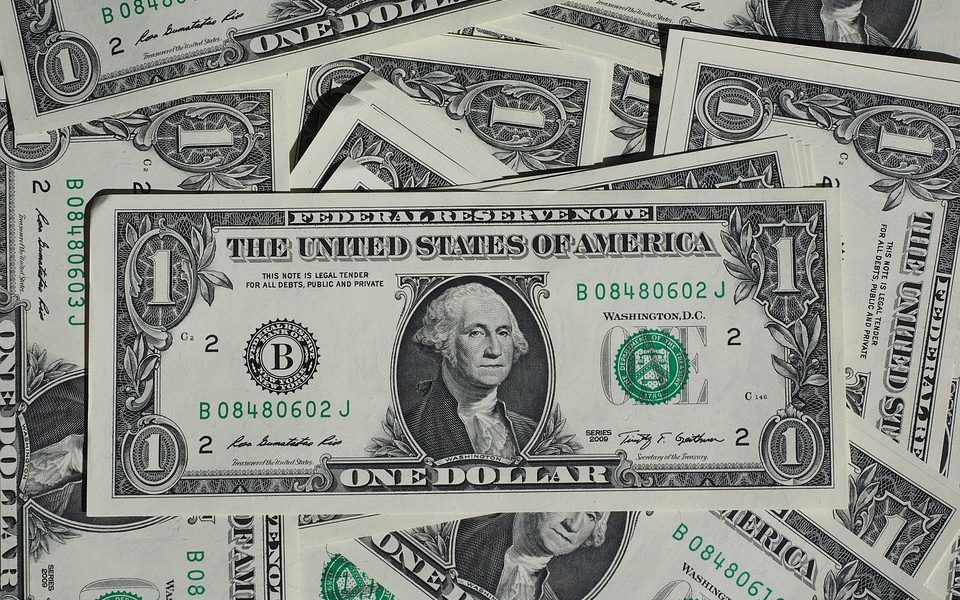Expert Advice: How to Make a Plan for Paying Off Credit Card Debt
Expert Advice: How to Make a Plan for Paying Off Credit Card Debt
Credit card debt can be a heavy burden that weighs down your financial outlook and limits your future opportunities. However, with some expert advice and a solid plan in place, you can take steps to pay off your credit card debt and regain control of your finances.
Assess Your Debt Situation
The first step in making a plan to pay off credit card debt is to assess your current debt situation. Start by gathering all of your credit card statements and making a list of each card, the balance owed, the interest rate, and the minimum monthly payment. This will give you a clear picture of how much debt you have and the different terms that apply to each card.
Next, total up all of your credit card balances to determine your total debt load. This will give you a realistic view of the amount you need to pay off and will help you set achievable goals for reducing your debt over time.
Set a Realistic Goal
Once you have a clear view of your credit card debt, it’s important to set a realistic goal for paying it off. Your goal should be specific, measurable, achievable, relevant, and time-bound. For example, you might set a goal to pay off $5,000 in credit card debt within the next 12 months.
Setting a specific goal will give you something to work towards and will help keep you motivated as you pay off your debt. It’s also important to make sure your goal is achievable within your current financial situation, so take into account your income, expenses, and any other financial obligations you have.
Create a Budget
Creating a budget is an essential step in paying off credit card debt. A budget will help you track your income and expenses, identify areas where you can cut back on spending, and allocate money towards paying off your debt.
Start by listing all of your sources of income, such as your salary, bonuses, and any other income you receive. Next, list all of your monthly expenses, including rent or mortgage payments, utilities, groceries, transportation, and any other regular expenses you have. Once you have a clear picture of your income and expenses, you can determine how much money you have available to put towards paying off your credit card debt.
Prioritize Your Debts
If you have multiple credit cards with balances, it’s important to prioritize your debts and focus on paying off high-interest debt first. Start by making the minimum monthly payments on all of your credit cards to avoid late fees and penalties, and then allocate any extra money towards paying off the credit card with the highest interest rate.
Once you’ve paid off the highest interest rate card, move on to the next highest interest rate card and continue this process until all of your credit card debt is paid off. This strategy, known as the debt avalanche method, can help you save money on interest payments and pay off your debt more quickly.
Consider Consolidating Your Debt
If you have multiple credit cards with high-interest rates, consolidating your debt into a single loan or balance transfer credit card with a lower interest rate can help you save money on interest payments and pay off your debt more quickly.
Before consolidating your debt, make sure you understand the terms and conditions of the loan or balance transfer credit card, including any fees, interest rates, and repayment terms. It’s also important to make sure you can afford the monthly payments on the new loan or credit card before moving forward with consolidation.
Stay Motivated and Stay on Track
Paying off credit card debt takes time and discipline, so it’s important to stay motivated and stay on track with your debt repayment plan. Set small milestones along the way to celebrate your progress, such as paying off a credit card balance or reaching a certain amount of debt paid off.
It’s also important to stay focused on your long-term financial goals and the benefits of being debt-free, such as saving for retirement, buying a home, or starting a business. By staying motivated and staying on track with your debt repayment plan, you can achieve your goal of paying off your credit card debt and gaining control of your finances.
In conclusion, paying off credit card debt requires careful planning, discipline, and persistence. By assessing your debt situation, setting a realistic goal, creating a budget, prioritizing your debts, considering debt consolidation, and staying motivated, you can make a plan to pay off your credit card debt and achieve financial freedom. With the right strategies in place, you can take control of your finances and build a brighter financial future.






